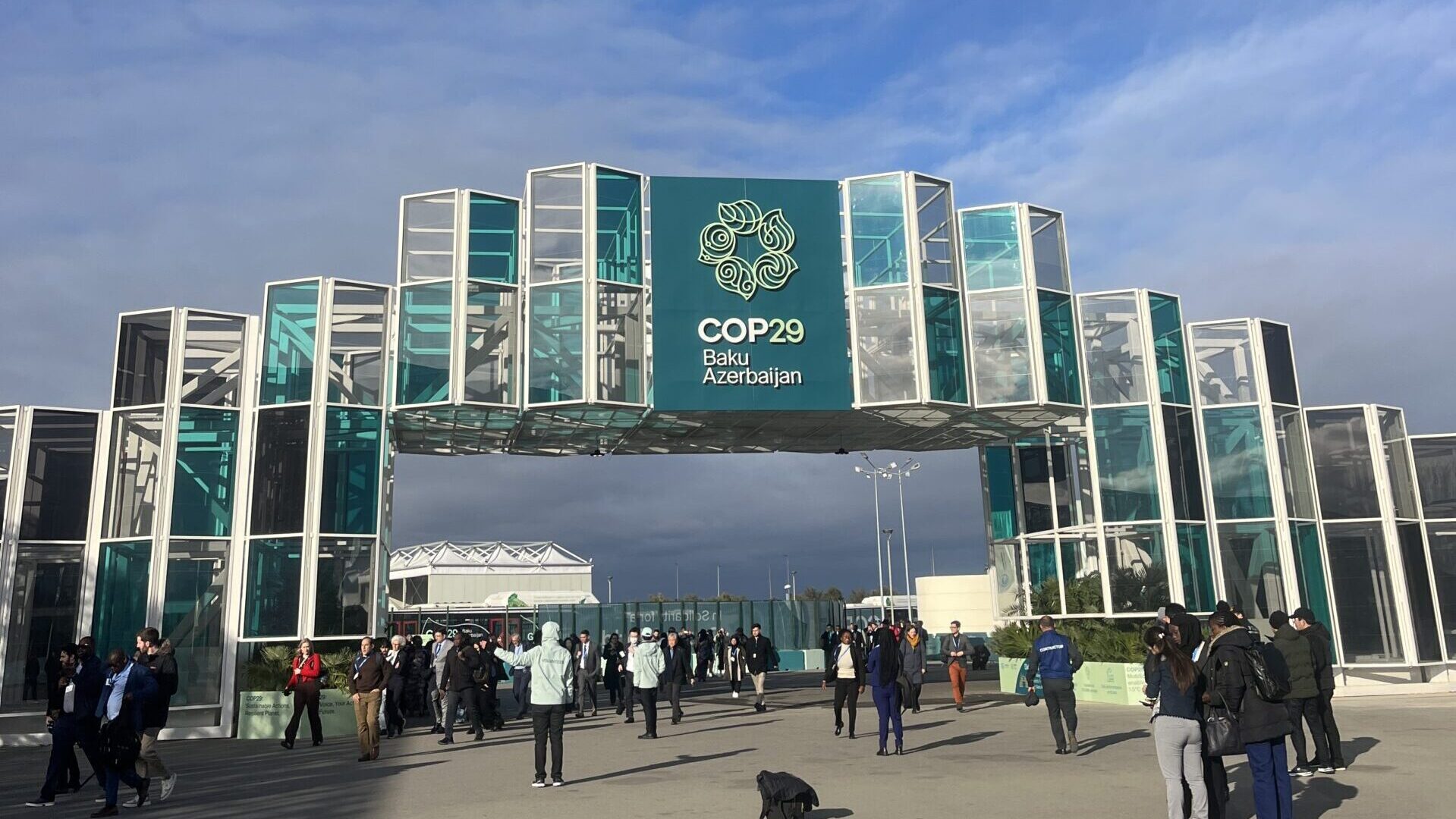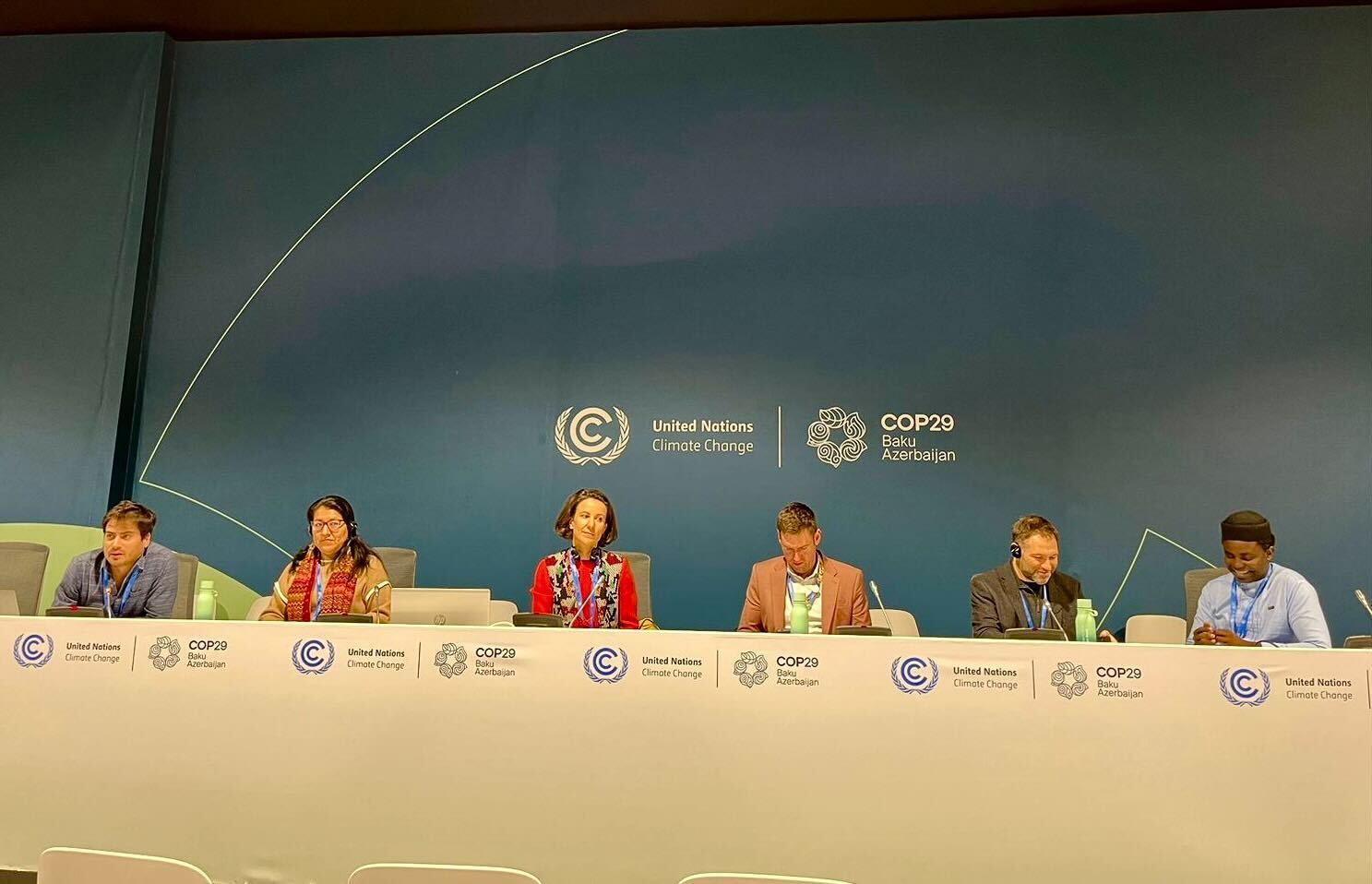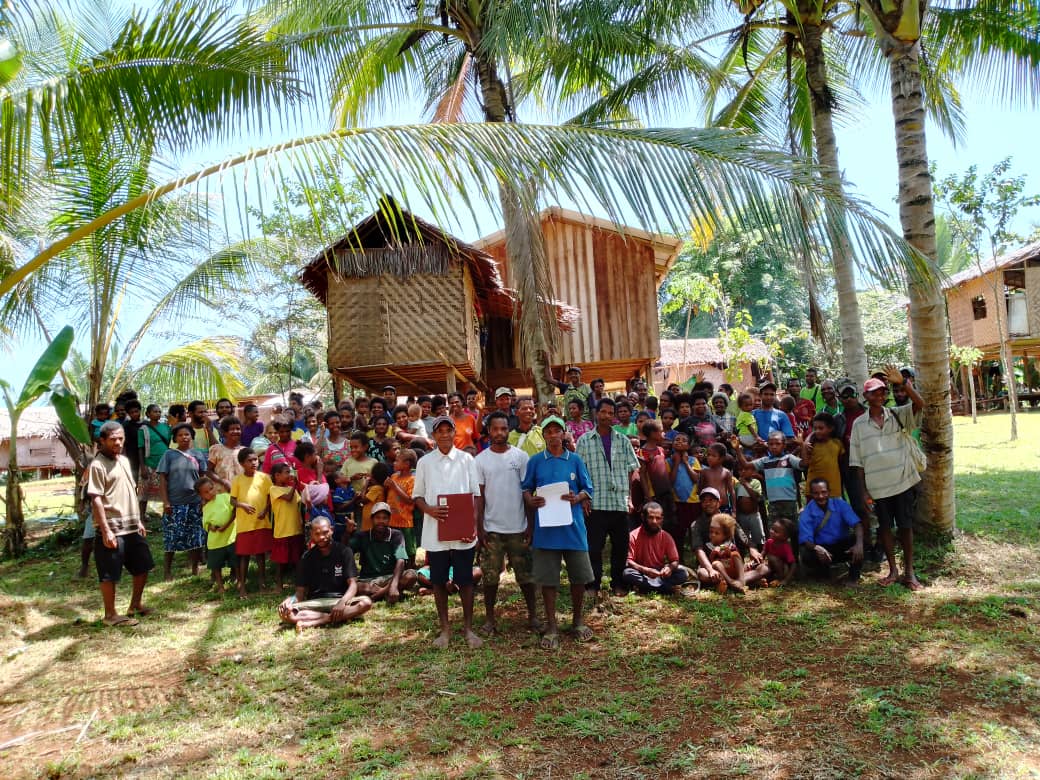
COP29 Roundup
Key takeaways from this years UN Climate Conference in Azerbaijan
COP29, the latest global climate conference held in Baku, tackled some big issues, but left many people frustrated. Especially those countries already hit hardest by climate change.
The Climate Finance Debate
At COP29, richer countries promised to step up their financial help for developing nations to fight climate change. They agreed to a new goal of $1 trillion a year starting in 2025. Sounds like a lot, right?
But there’s a catch: they didn’t say how much they’d give each year between now and 2035. Instead, they aim to get to $300 billion annually by 2035. This means they might keep giving the same small amounts for the next decade, which won’t be enough for countries dealing with floods, droughts, and other climate disasters.


“We see here that there are millions, if not billions, going to fight the climate crisis. But, as Indigenous peoples we keep wondering where that money goes. We’re most affected by the impacts, our human rights aren’t being respected.” – Ketty Marcelo, ONAMIAP.
Developing countries pushed back, saying this approach is unfair. They’re already struggling with huge costs from climate damage, even though they’ve done the least to cause it. They need clear and immediate help—not vague promises for later.
What’s Article 6?
Article 6 of the Paris Agreement was one of the hotly debated topics at COP29. It focuses on creating systems for carbon trading, allowing countries or companies to pay others to reduce emissions on their behalf.
On the surface, this might sound like a useful tool, but the reality is deeply flawed. Carbon markets commodify nature, reducing ecosystems and forests to financial assets, rather than respecting their intrinsic value and the communities that depend on them. These markets often lead to land grabs, and displacing Indigenous communities without their consent.
Even with some mention of Indigenous rights in the Article 6 rules, many other vulnerable groups are left unprotected, leaving their lands at risk of exploitation for carbon projects.
Worse, carbon trading lets wealthier nations and corporations off the hook by allowing them to avoid real emissions cuts. Instead of reducing their pollution, they can simply pay to maintain the status quo.
The Cool Earth Way
At Cool Earth, we believe there’s a better way to support communities on the frontlines of the climate crisis. Instead of forcing Indigenous people to navigate complicated systems to get funding, we provide direct, no-strings-attached cash. These are the people actively protecting rainforests and fighting climate change every day, and they deserve support that’s simple and fair.


The community of Waduada in Papua New Guinea, who we partner with.
This approach stands in stark contrast to the inequitable systems discussed at COP29. While too much global funding gets tied up in red tape or turned into loans that create more problems for developing countries, Cool Earth’s model ensures that frontline communities have the resources they need to protect their forests and livelihoods.
It’s an approach grounded in justice that acknowledges the immense harm caused by developed nations and the fossil fuel industry—and pushes for genuine accountability through reparations, not debt-creating instruments. If big climate funds adopted this model, the impact could be transformative, delivering justice where it’s needed most.
Holding the Big Players Accountable
The Loss and Damage Fund, which was agreed upon at COP29, is supposed to help countries deal with the destruction caused by climate change. But there’s a risk it could turn into just another loan programme. That would mean poorer countries end up paying interest on money to fix problems they didn’t cause.
The fact is, developed countries and the fossil fuel industry have caused this crisis. They knew what burning fossil fuels would do to the planet—and they kept doing it. Now, they need to step up, take responsibility, and pay for the damage they’ve caused.
Why This Matters
Climate change isn’t just an environmental issue—it’s a human issue. It’s about fairness, justice, and survival. COP29 made some progress, but there’s still a long way to go.
As we move toward COP30 in Brazil, it’s crucial that we demand real action—solutions that respect people, protect the planet, and deliver on the promises made. The time to act is now.
